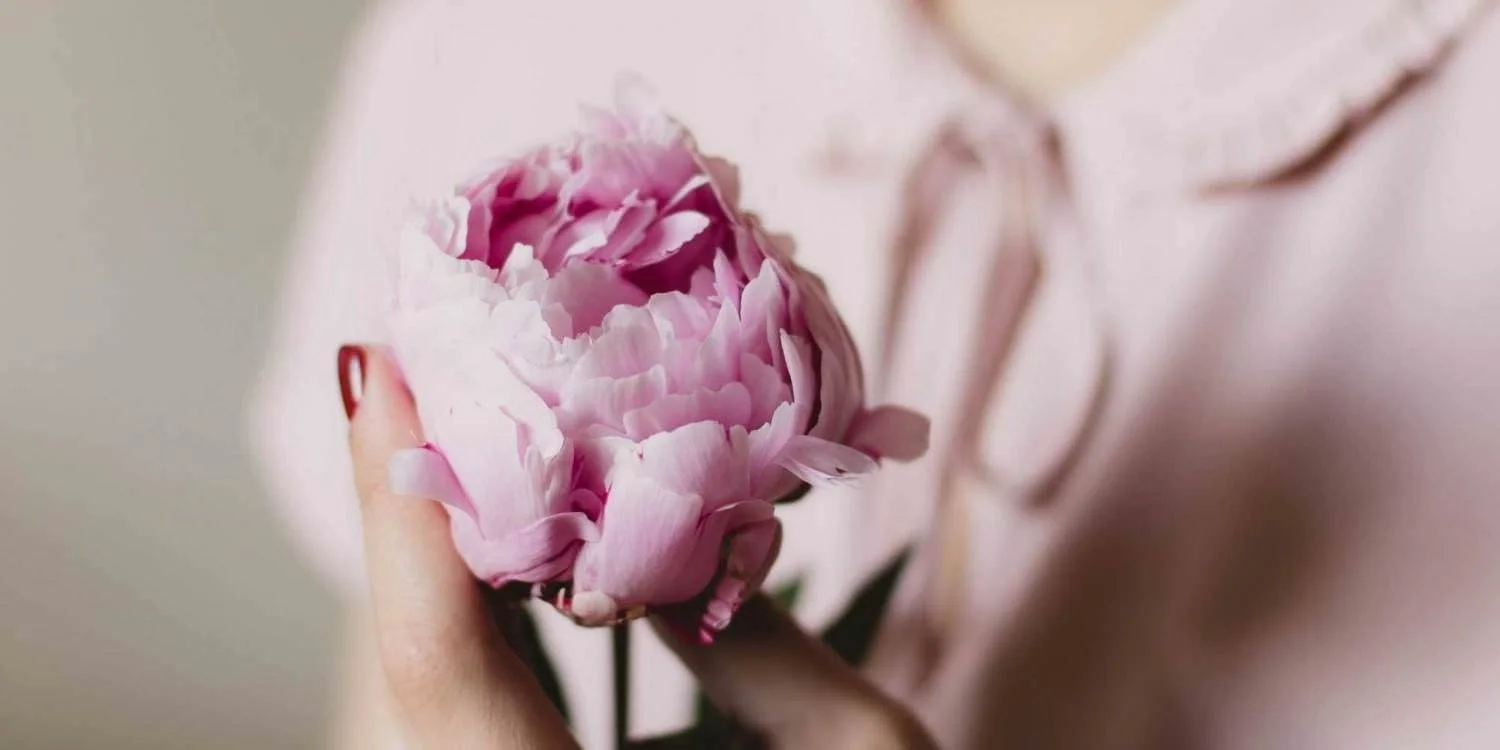How To Buy Sustainably Grown Flowers For That Special Someone
You may be wondering, can flowers be unsustainable? After all, aren’t plants always sustainable? Although plants typically require less water, energy, and generate lower GHG emissions than animal-derived products, it doesn’t mean they are grown in an Earth-friendly manner. We believe goods like flowers are especially important to source sustainably, since they are usually purchased merely for decoration or as a gesture.
Keep reading and find out exactly how you can help reduce the toll of the flower industry on our planet, by buying sustainably grown flowers!
How Are Conventional Flowers Grown?
Most flowers grown in the U.S. are imported from countries all over the world — sometimes from as far as Vietnam. This means a TON of energy was required just to transport them, simply so we can keep them in our homes for about a week, as an adornment. This occurs because flowers are not always in season in every region. So, if you’re buying an out-of-season bouquet from a florist or supermarket, it has likely been imported.
In addition to the massive amount of carbon emissions this generates, another factor to take into consideration is that some flowers are grown in artificially-lit and heated greenhouses. This generates a huge amount of CO2 emissions in comparison to flowers that are not, like those grown in Africa. However, although African flowers are more sustainable in this regard, the pesticides used for floriculture in some African countries are another huge issue. Usually, various pesticides are used to grow flowers, many of which use toxic chemicals that pollute the soil, water, and the atmosphere. In fact, some pesticides used for floriculture in Kenya and Ethiopia are banned in other countries for this reason.
Are most flowers grown ethically?
As mentioned above, pesticides are often used to grow flowers, which cause harm to our planet, of course. However, they often harm the workers as well, who are frequently in contact with them. In fact, flower farm conditions can be horrible for workers’ health and wellbeing in many ways. These issues are not exclusive to floriculture — they unfortunately plague all forms of modern agriculture.
Contracts are often insecure and/or temporary, with long hours — up to 15 hours a day! This makes inhaling and handling pesticides even more dangerous to their health. In addition to the pesticide problem, female workers frequently undergo sexual abuse or harassment. For example, some are asked for sexual favors in exchange for basic human rights, like a day off. Sexual violence in the agricultural industry occurs in both high-income and low-income countries alike. And as for pay, the norm is minimum wage, which in some countries means less than $1 a day.
How Do I Buy Ethical And Sustainably Grown Flowers?
The best way to ensure your flowers are better for our planet and workers is by purchasing local, organic, and seasonal bouquets. This means paying your local farmers’ market or florist a visit and asking if their flowers meet these standards. Of course, this will not always be possible, depending on where you live.
For an extra eco-friendly and beautiful arrangement, ask your florist if they can wrap it in paper rather than plastic, and let them know you’re trying to be more sustainable. This will help them choose the most eco-friendly options possible for your home or gift, and remind them that the demand is high for sustainable flowers.
Bottom Line
Now that we’ve covered everything we need to know about purchasing sustainable flowers, time to review! Here are five things to keep in mind when buying the right bouquet.
1. Local: Purchasing local flowers from the farmers’ market or a local florist will ensure they haven’t generated tons of CO2 emissions in order to reach your home or loved one.
2. Organic: Pesticides harm both our planet and workers’ health. Avoid supporting this practice by asking your florist if their provider used pesticides to grow their blossoms.
3. Seasonal: When flowers are grown out of season, it usually means they were grown in an artificially-lit and heated greenhouse. This requires a ton of energy, and generates many more GHG emissions. Otherwise, they’ve been imported. Either way, non-seasonal flowers are a red flag.
4. Fair Trade: Although not always the most reliable certification, this label generally ensures that workers are paid a fair wage, and their human rights are protected and upheld.
5. Communication: It’s important to let your florist know that you are looking for the most sustainable, ethical options. This reminds them to do so as well. So, remember to ask about their floriculture practices and certifications before purchasing!
We thank you for always searching for the most eco-friendly and ethical options for your home! Although it’s almost impossible to achieve perfection when it comes to an eco-friendly, zero waste, or vegan lifestyle, your efforts count and are helping immensely. We hope you enjoy your beautiful, sustainable flower arrangement!






